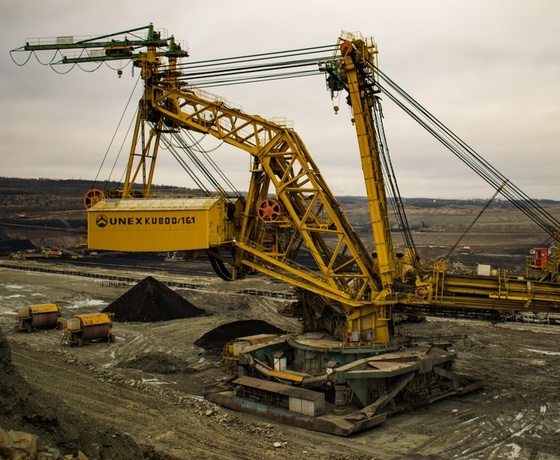
Development consent is a valuable asset. In response to COVID-19, there have been some important changes made to the planning legislation and regulations as regards the lapsing of these valuable consents.
Extension of the lapse timeframe
In essence, development consents operational before 25th March 2020, have been extended from five to seven years before they will lapse. However, for new development consents, these will continue to lapse after five years.
Changes to the "physically commenced" test
Development consent does not lapse if work has "physically commenced." Case law has previously suggested that preparatory work was sufficient enough to meet this test. However, this position has now changed in respect to consents granted after 15th May 2020. Under the new regulations, work will not have been deemed to commence merely by, for example, creating a borehole, testing the soil or removing vegetation.
What do these changes mean?
These recent changes to the planning legislation and regulations offer a welcome extension to the timeframe for existing development consents.
For new consents, relatively minor works are no longer sufficient to satisfy the physical commencement test to prevent a consent lapsing. Developers must be mindful of this stricter test and the need for more substantive on-site works.
Contact our Land and Environment Court Lawyers, Sydney, NSW
Szabo & Associates Solicitors can advise you on all the issues raised here and are experienced practitioners in all Land and Environment Court matters. Please call us on {{CONTACT_NUMBER}} or complete our online contact form.